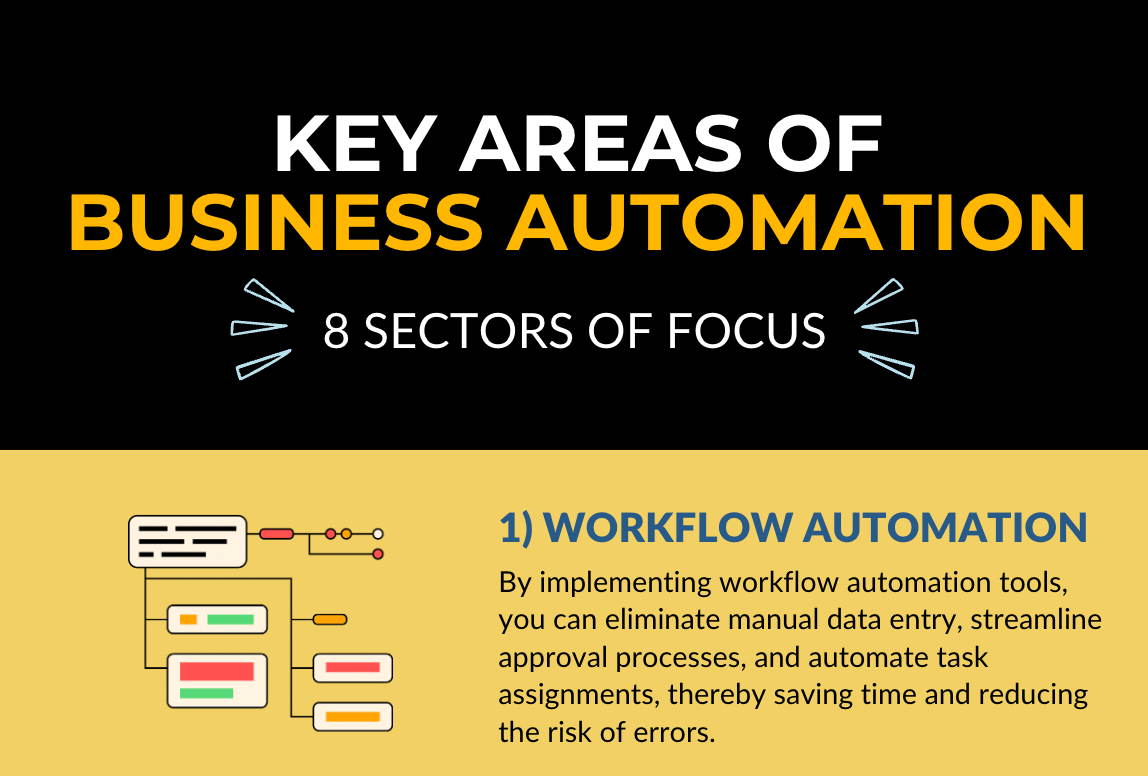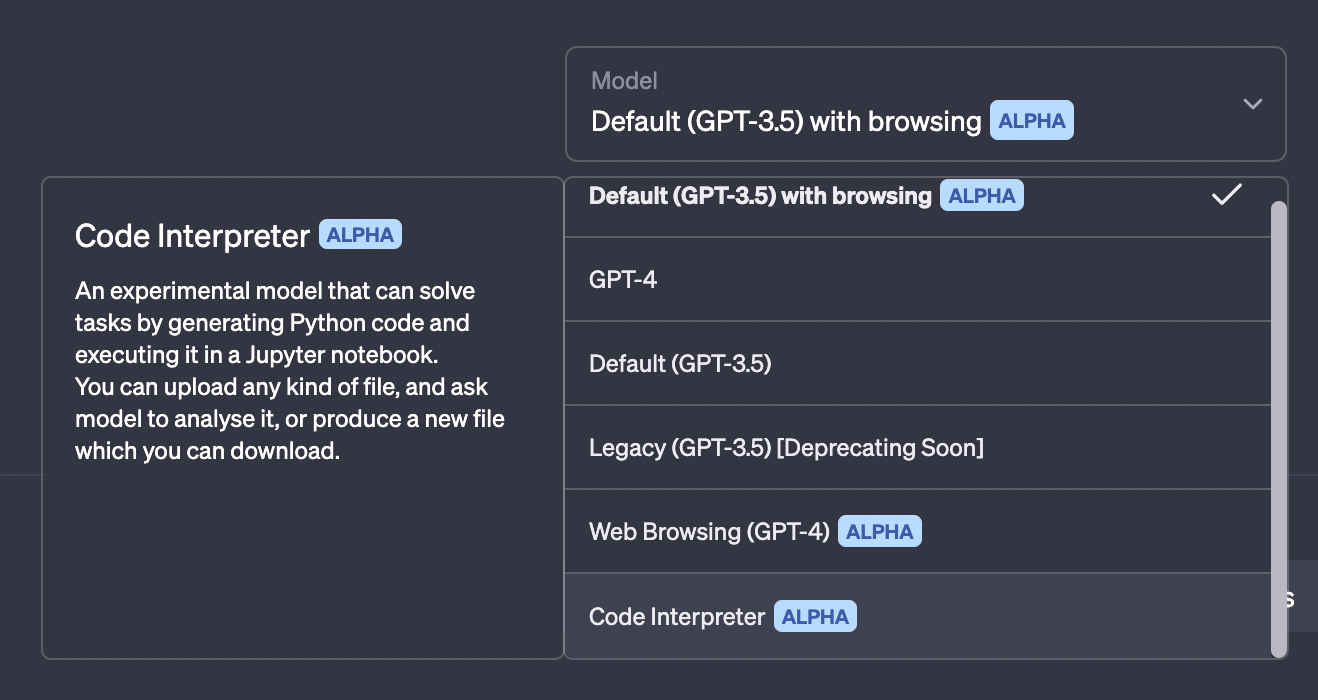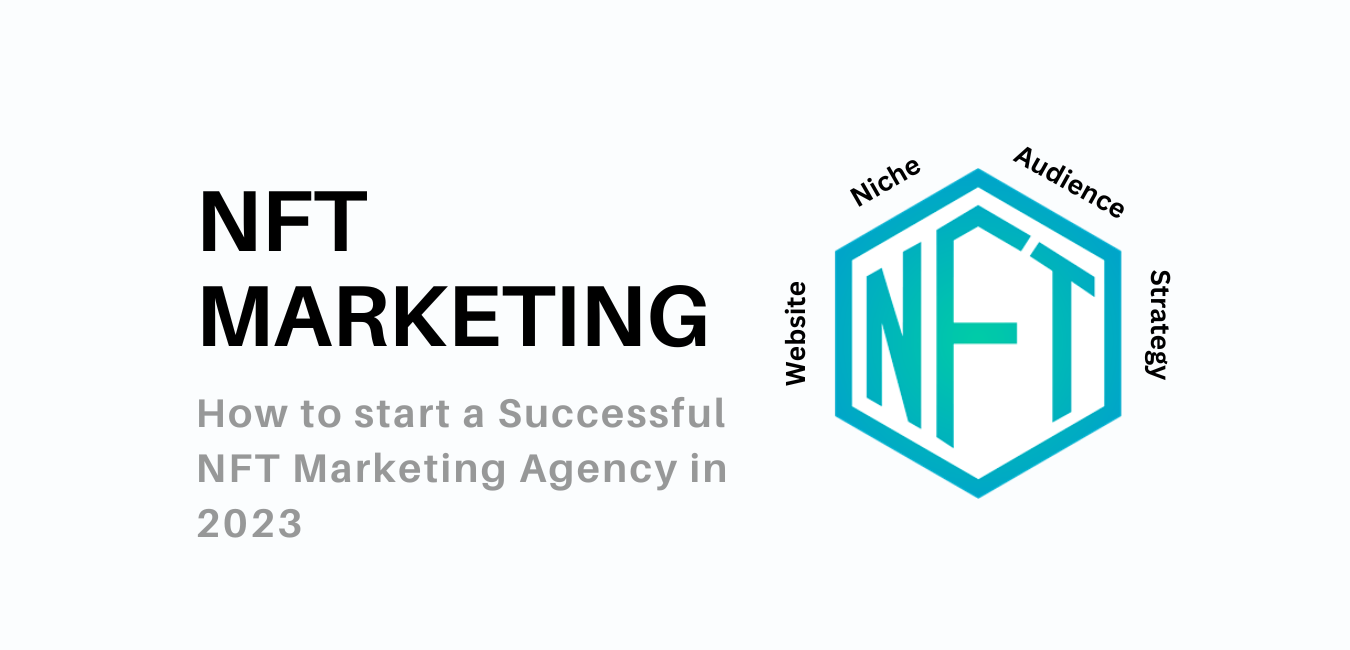Convert Clicks into Customers: Your Ultimate Guide to Website & App Design that Converts
Tired of watching potential customers bounce from your website without a trace? Frustrated by app downloads that don't translate into loyal users? You're not alone. But fear not! The secret to crafting captivating websites and apps lies in designing for...
20 Groundbreaking AI Tools Shaping the Future in 2024
Explore the forefront of technological evolution with our in-depth look at the most groundbreaking AI tools of 2024. From pioneering advances in generative art and ethical AI development to cutting-edge applications in cybersecurity and sustainable energy management, this article delves...
Introducing The ChatGPT Code Interpreter Plugin Powered By Python
In the realm of AI advancements, the ChatGPT Code Interpreter Plugin stands out as a game-changer. This powerful plugin equips ChatGPT with a Python online code interpreter, enabling it to handle uploads and downloads, solve mathematical problems, perform data analysis,...
8 Types of Management Styles: Unraveling the Secrets of Leadership
Take a deep dive into the "8 Types of Management Styles", understanding their unique traits and impacts on team productivity. This comprehensive guide serves as a roadmap for new and seasoned managers to navigate the labyrinth of leadership styles.
Orderbook Smart Contract: Creating an ERC20-Compatible DEX on Ethereum
The orderbook smart contract is a key component of decentralized exchanges (DEXs), allowing peer-to-peer trading of digital assets in the growing decentralized finance (DeFi) landscape. As tokenization thrives, ERC20 tokens, representing fungible assets on Ethereum, are vital for orderbook compatibility....
How to start a Bitcoin Mining Business
Bitcoin mining is a lucrative business and one of the most popular ways to make money with cryptocurrency. Mining Bitcoin requires specialized hardware and software, as well as access to the internet and reliable electricity sources. Starting a Bitcoin mining...
How to start a Successful NFT Marketing Agency in 2023
Are you looking to start an NFT marketing agency? In this blog post, we will provide you with a step-by-step guide on how to start a successful NFT marketing agency in 2023. As the world of NFTs continues to grow...
Manage Cookie Consent
To provide the best experiences, we use technologies like cookies to store and/or access device information. Consenting to these technologies will allow us to process data such as browsing behavior or unique IDs on this site. Not consenting or withdrawing consent, may adversely affect certain features and functions.
Functional Always active
The technical storage or access is strictly necessary for the legitimate purpose of enabling the use of a specific service explicitly requested by the subscriber or user, or for the sole purpose of carrying out the transmission of a communication over an electronic communications network.
Preferences
The technical storage or access is necessary for the legitimate purpose of storing preferences that are not requested by the subscriber or user.
Statistics
The technical storage or access that is used exclusively for statistical purposes.
The technical storage or access that is used exclusively for anonymous statistical purposes. Without a subpoena, voluntary compliance on the part of your Internet Service Provider, or additional records from a third party, information stored or retrieved for this purpose alone cannot usually be used to identify you.
Marketing
The technical storage or access is required to create user profiles to send advertising, or to track the user on a website or across several websites for similar marketing purposes.








